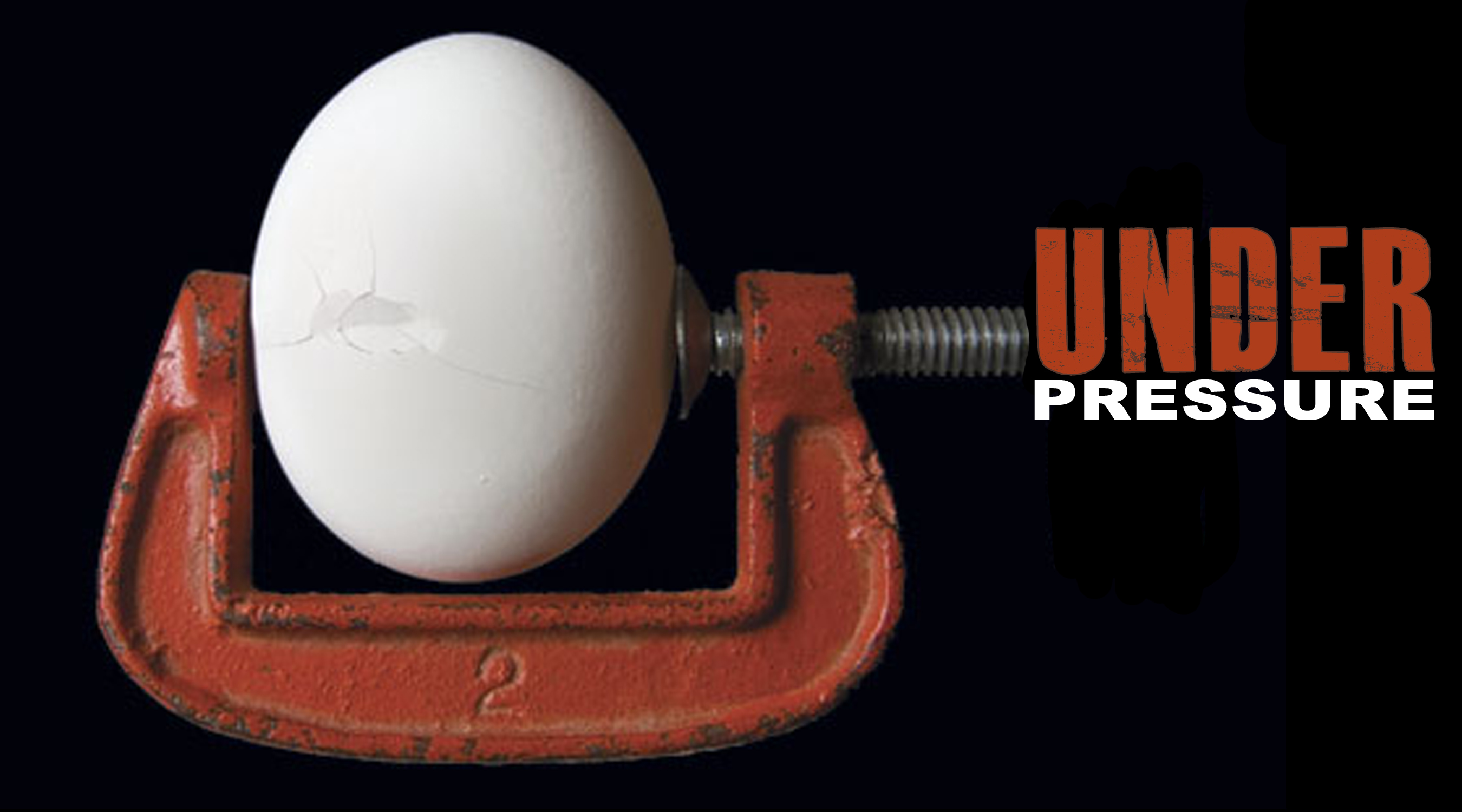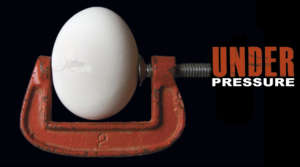How to Handel Pressure Without A Melt Down

As demands on time, energy and money grow over the years, you are likely to respond with anxiety. You may feel  pressure to perform at school or work, be a good family member or provide for someone. However, stress and anxiety pose serious health risks, so developing a way to handle pressure and move on is extremely important.
pressure to perform at school or work, be a good family member or provide for someone. However, stress and anxiety pose serious health risks, so developing a way to handle pressure and move on is extremely important.
Pressure is simply the anxiety and nervousness you feel when faced with a certain stimulus or situation. Pressure always comes from within.
The common belief of dealing with pressure is to elevate your performance to that level and just “do better,” yet this hardly ever works out. We begin to think too much about the task at hand and what others think, then we place even more pressure upon ourselves to perform.
Identifying Pressure
If you’re experiencing and being negatively affected by pressure, you are the cause and you are the solution.
The sooner you’re able to recognize the signs of pressure, the sooner you can begin to control over it.
Signs of Pressure:
Physical
- Shallow breathing
- Increased heart rate
- Increased perspiration
- Restlessness
- Muscle tension and tightness
- Nausea
Mental
- Inability to focus
- Thoughts of dread, worry, or failure
- A racing mind
- Worry about how others will view your performance
- Obsessing about poor performance in the past
Emotional
- Anxiety
- Fear
- Nervousness
- Panic
- Irritation
- Stress
Behavioral
- Acting in a way that seems odd compared to your usual behavior
- Hurrying
- Fidgeting
- Having a tantrum
- Talking rapidly
Each person experiences pressure slightly differently – not only in terms of the situations that result in pressure but also in terms of his/her response to it.
Regardless of what causes pressure for you, on thing remains true; You have control over pressure!
Identify Pressure Situations
Just as being aware of the signs of pressure, it is equally important to know the situations and circumstances that bring up pressure for you.
Some examples are:
- Feeling overwhelmed by the demands of being the best
- Trying to prove yourself
- Obsessing about whether your results will bring you rewards
- Not want to let others down
- Trying not to embarrass yourself in front of others
You won’t feel pressure if you don’t overthink the situation.
There is a difference between arousal and pressure. Pressure starts in the mind. It begins with a negative thought about what you are about to do and spirals down from there.
Arousal is a continuum – it can be positive or negative. Arousal is the physical reaction your body experiences during competitive situation.
Pressure and Peak Performance
Peak performance is the ability to efficiently function at your best, enabling you to express your full potential.
Peak performance is the flip side of effective stress management. The two are inextricably linked. Optimizing performance means responding positively to challenge, to pressure to achieve significant goals and targets. It usually involves dealing with some form of adversity or difficulty that would deter a lesser motivated individual.
Developing Mental Strength is an important ingredient in enabling you to perform to the best of your abilities.
Key Characteristics of High-Performing Individuals
- Passion: A high level of interest in pursuits
- High Self-Confidence: A high level of confidence in their own abilities and their ability to deal with others
- Controlling What They Can: And not worrying unnecessarily about the things they can’t control
- Resilience – Dealing with Setbacks: The ability to bounce back
- Seeing the Challenge not the Threat: Finding opportunities for self-development within each new challenge
- Focus: The ability to clear the mind of unnecessary thoughts and clutter
- The Ability to Relax: And can recognize when they need to relax
Tools to Handle Pressure
Handling pressure, like anything else, requires practices, time and patience. You must allow yourself to make small progress, instead of trying to eliminate pressure all at once (which will actually cause more stress).
Below are some tools that you can use to begin to deal with pressure and stress
- Self-talk
- Positive affirmations of what you WANT
- Relaxation techniques
- Progressive muscle relaxation
- Controlled breathing
- Breath in 7, hold for 3, exhale for 11
- Guided imagery/visualization
- Visualizing the successful completion of the task
- Biofeedback
- Heartrate monitor
- Journaling
- What you can control



